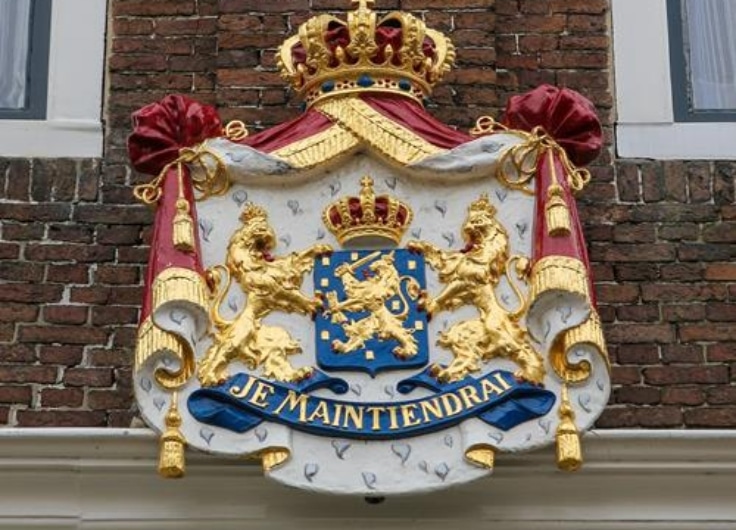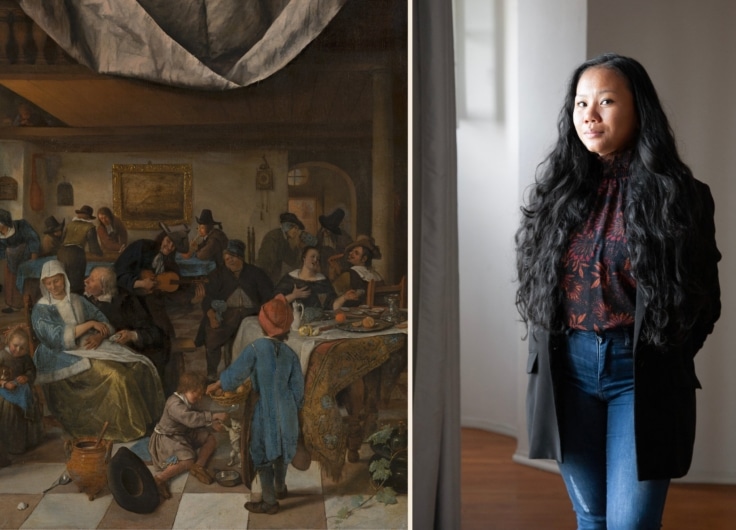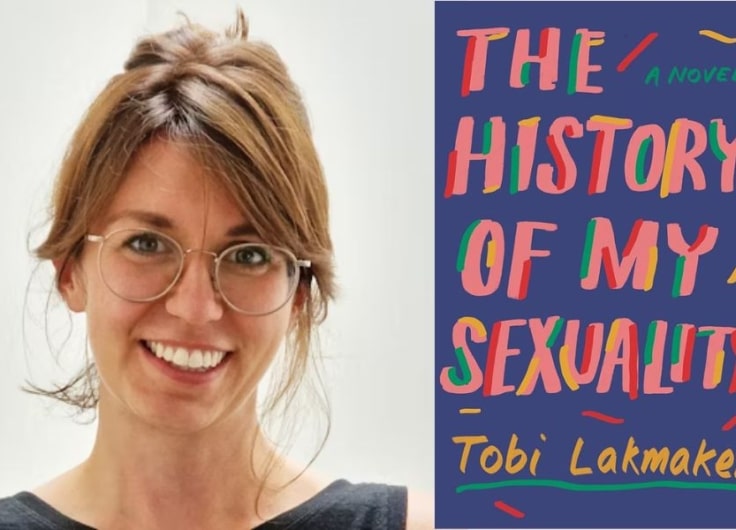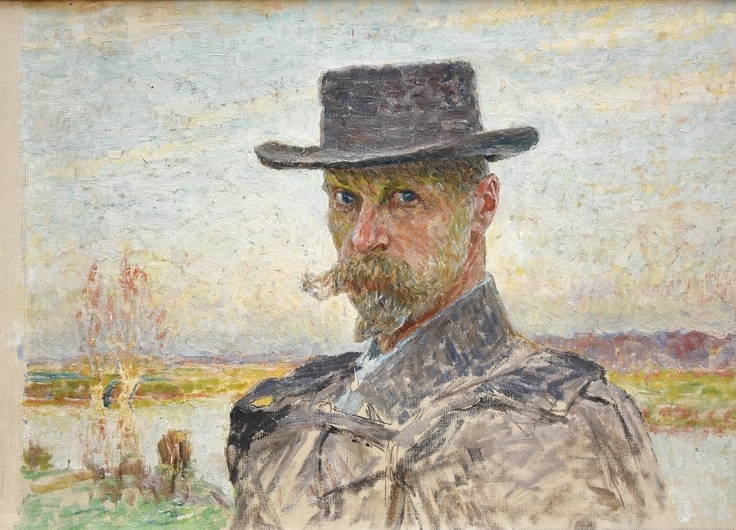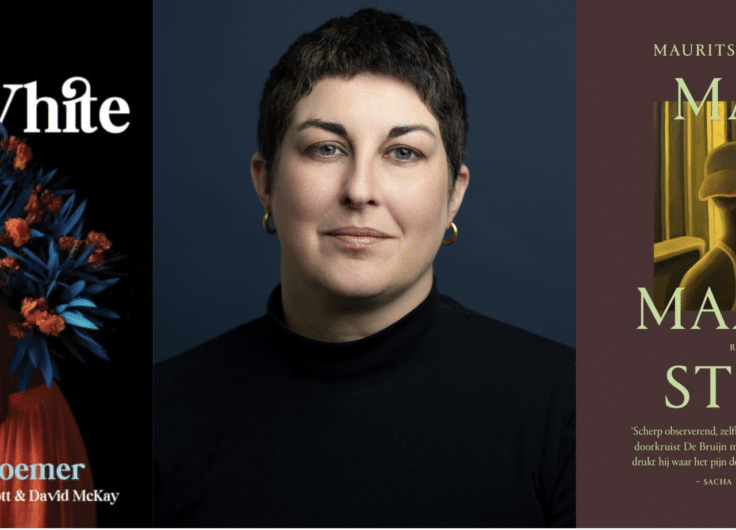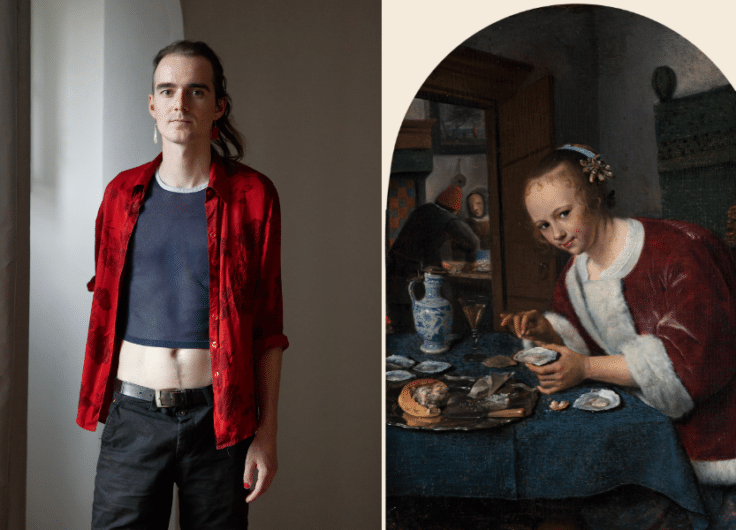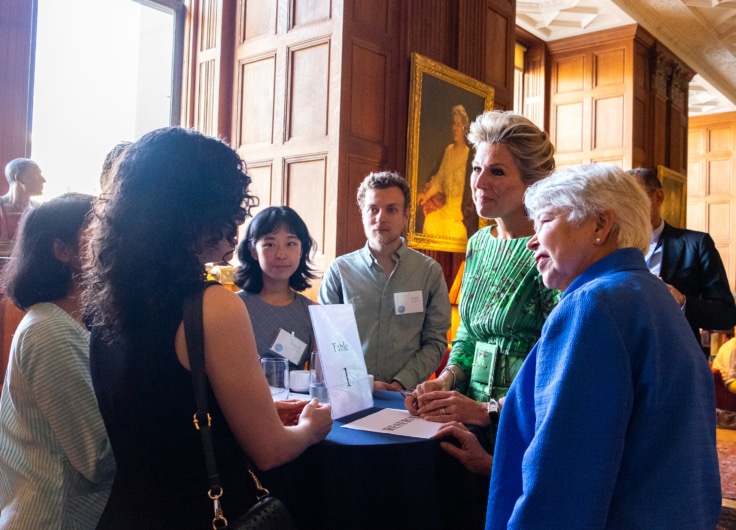The Top 7 History Stories of the Year
Join us in bidding goodbye to 2022 with seven of the finest history stories we published this year that are worth re-reading or listening to again.
The Fishy History of Dutch Herring
© Pixabay
Eating herring is a Dutch tradition. For centuries, fishing for and exporting salted herring was one of the cornerstones of the Dutch economy. This silvery, slimy fish is part of the Dutch national identity, thanks to a humble herring fisherman.
Anything Was Possible in 16th Century Antwerp
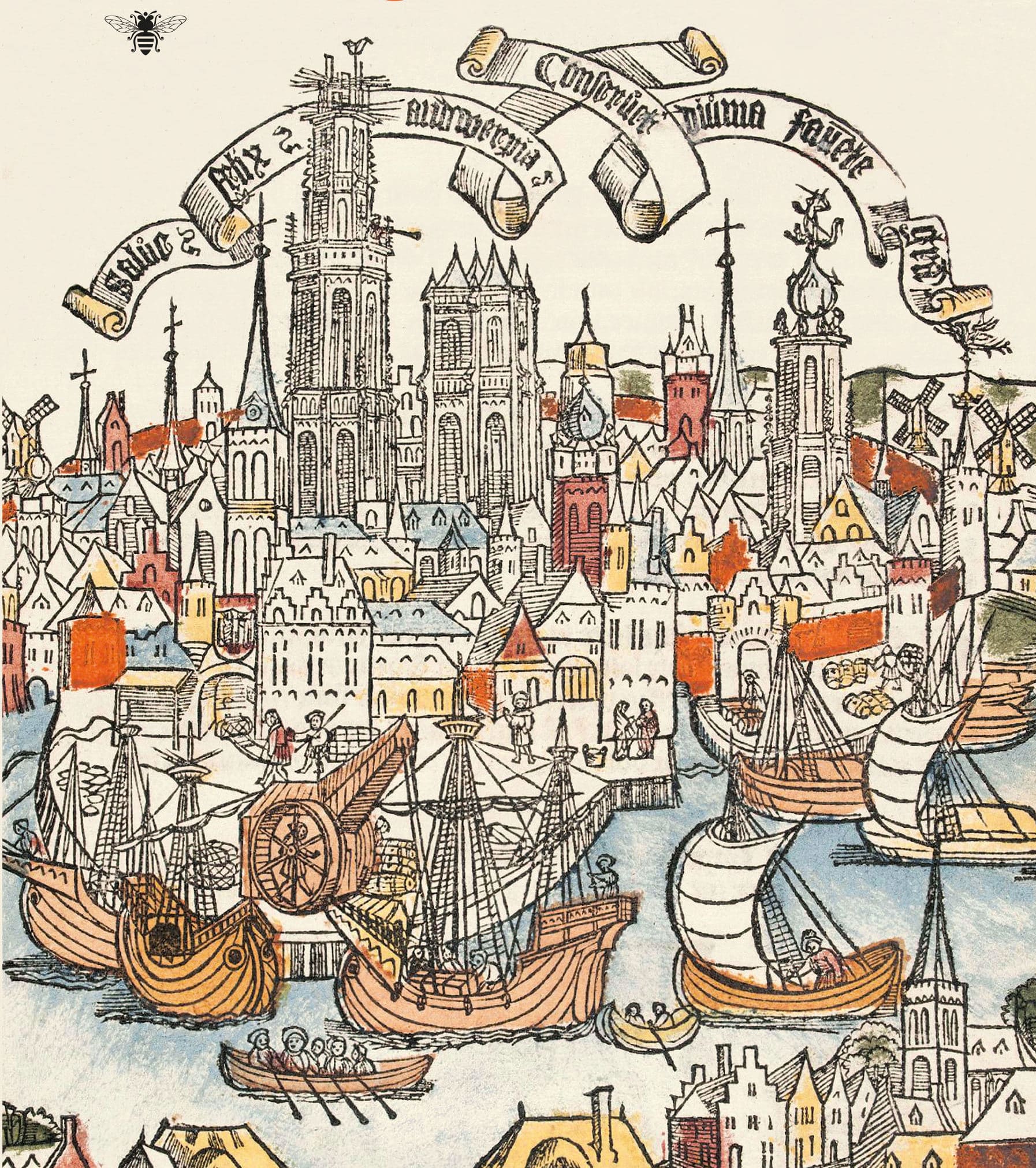
© De Bezige Bij
For a short period in the 16th century, Antwerp was really the centre of the world. Everything was possible, as long as it didn’t hinder trade and economy, writes historian Michael Pye in his book The Glory Years.
How Dutch Historians Unremembered Decolonization
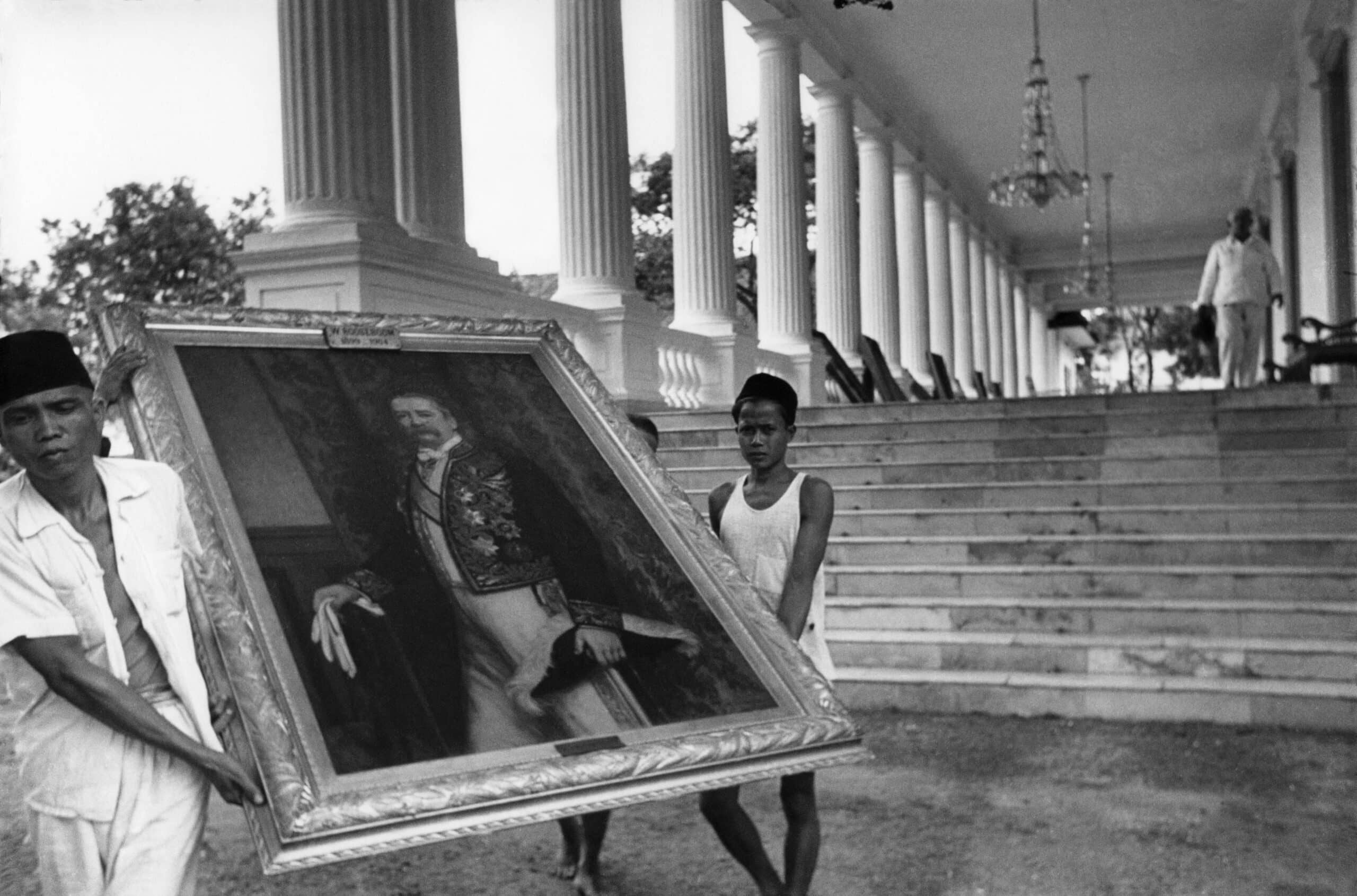
© Fondation Henri Cartier-Bresson Magnum Photos and ANOP
Irish historian Paul Doolan claims that for many decades, Dutch historians have inadequately investigated the decolonization of Indonesia (1945-1949). In Collective Memory and the Dutch East Indies, the result of over ten years of work, he states that historians were not innocent bystanders.
Deeds Not Words!
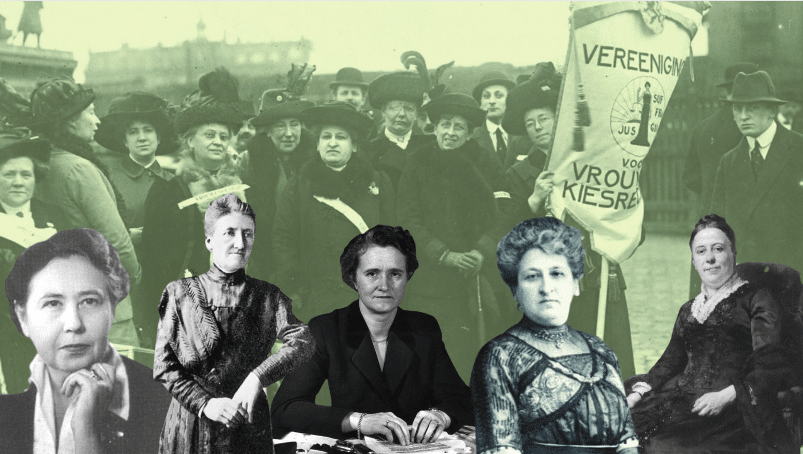
The fundamental role women played in the development of societies has often been neglected in historical accounts. In this podcast we honour some women pioneers in Belgium and the Netherlands: Aletta Jacobs, Corry Tendeloo, Isabelle Gatti de Gamond, Marie Popelin and Marga Klompé.
How Even William the Silent Could Not Hold the Netherlands Together
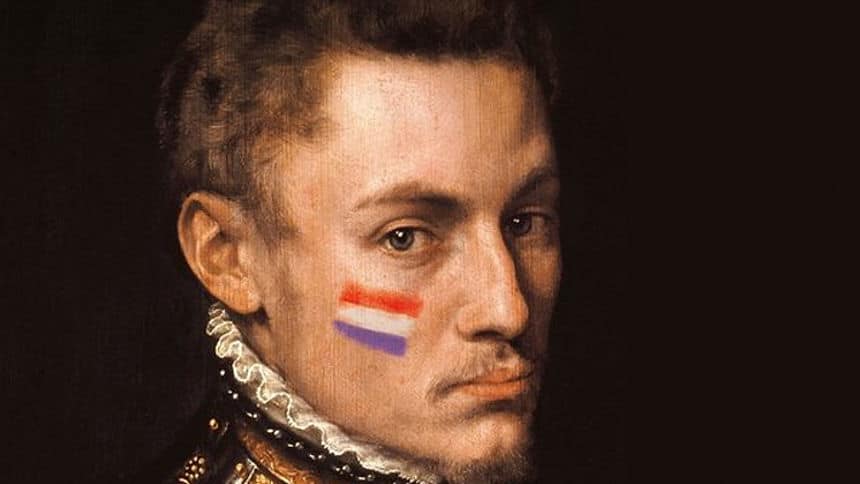
During the height of his power, it seemed that William of Orange would become the Father of the United Kingdom of the Netherlands, of north and south. Quite why this did not happen at the end of that turbulent sixteenth century is outlined by René Van Stipriaan’s much-acclaimed book: The Life of William of Orange.
Pope Adrian VI, Reformer and 'Barbarian From the North'
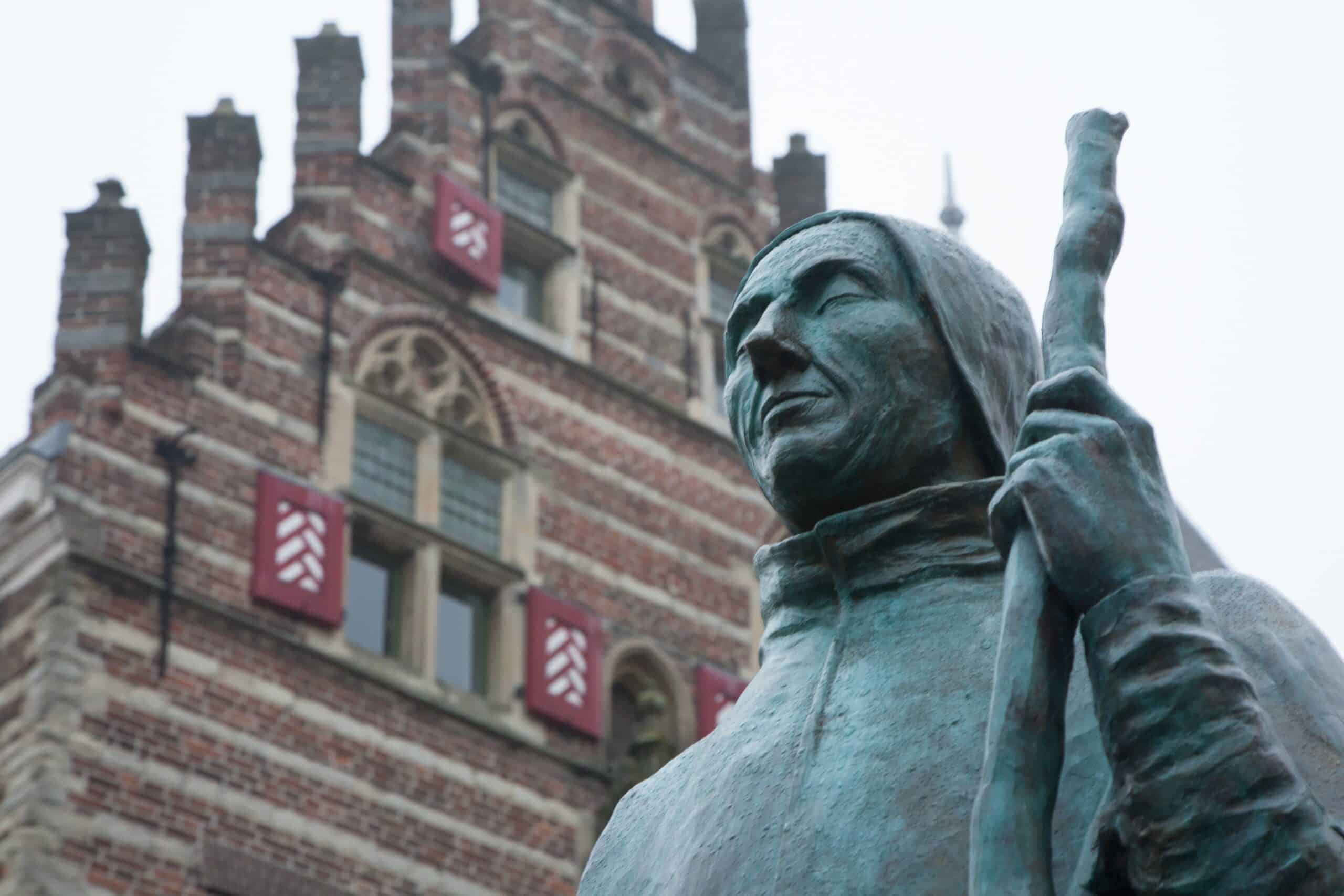
© Twan Geurts
Five hundred years ago, the Netherlands’ first and only pope in history was elected. Adrian VI wanted to reform the Vatican, but his untimely death put an end to his plans. His pontificate lasted barely twenty months, yet he is much more than a footnote to history.
How Belgium Helped Shape British Identity
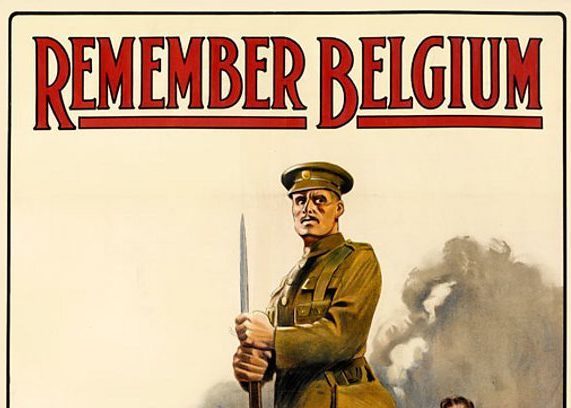
© Mary Evans Picture Library
From Waterloo to the Westhoek, the Belgian soil is full of British corpses. Professor of English Literature and Culture Marysa Demoor has explored the very close links between the two nations. The relationship was not always completely cordial: often, in the nineteenth century, opposing the Flemish made it possible to become a bit more British.
Remember these series?
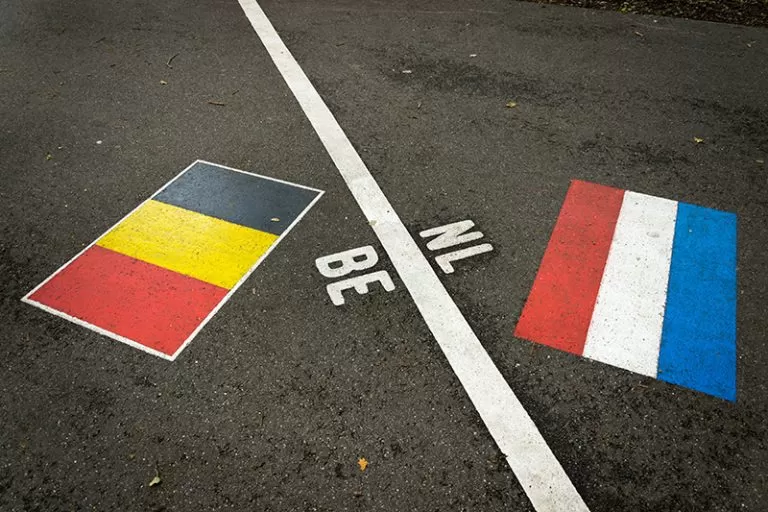
© pexels
Newcomers to the North
Following the exhibition ‘Newcomers. Flemish Artists in Haarlem (1580-1630)’ at the Frans Hals Museum, we published a series on migration within and to the Low Countries.
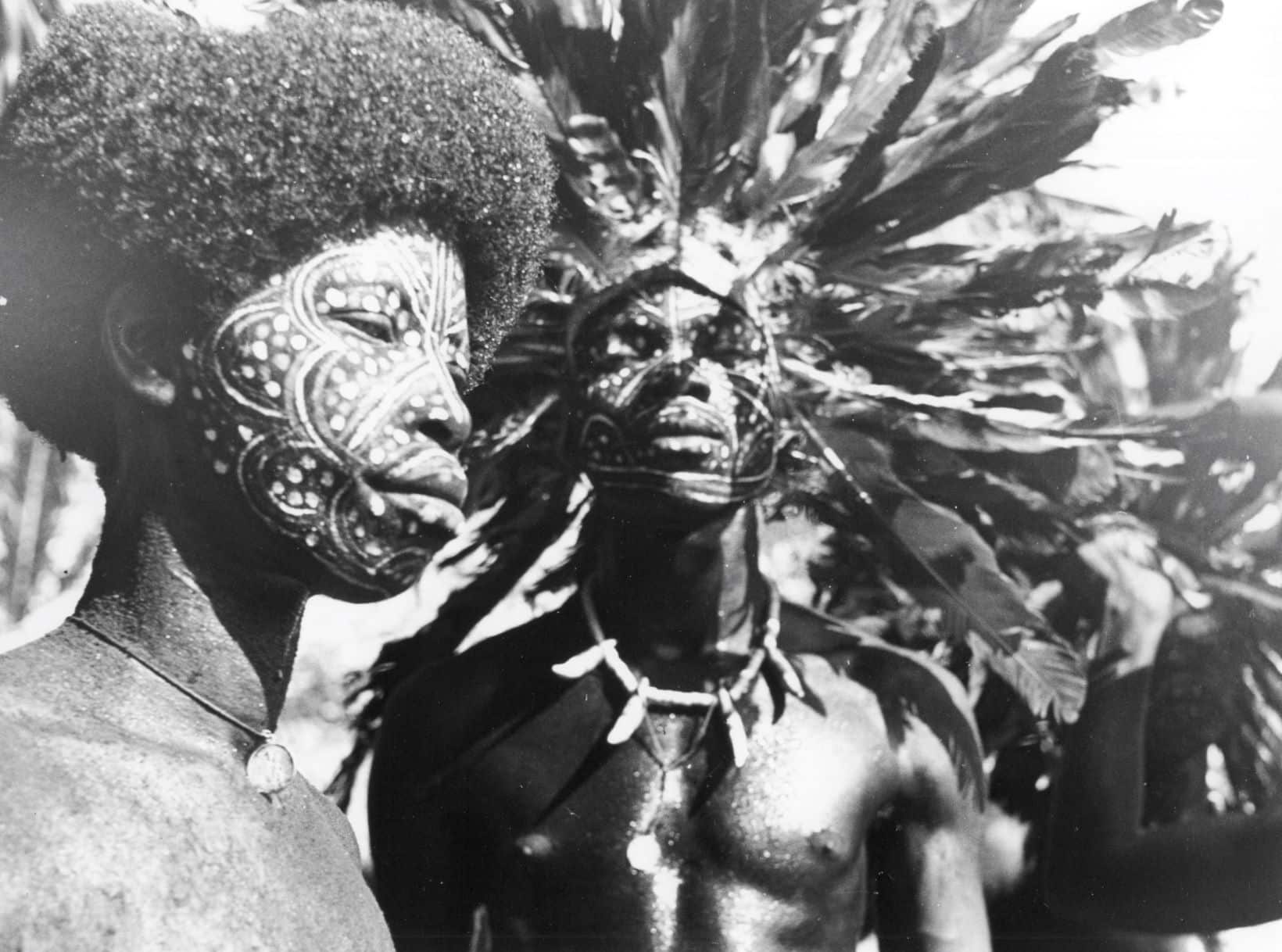
Our Colonial Legacy
What is today’s relationship between the Low Countries and their colonial past? The articles in this series have been written by personalities from the Netherlands, Indonesia, Suriname, Belgium and Congo.
Have you heard these podcasts?
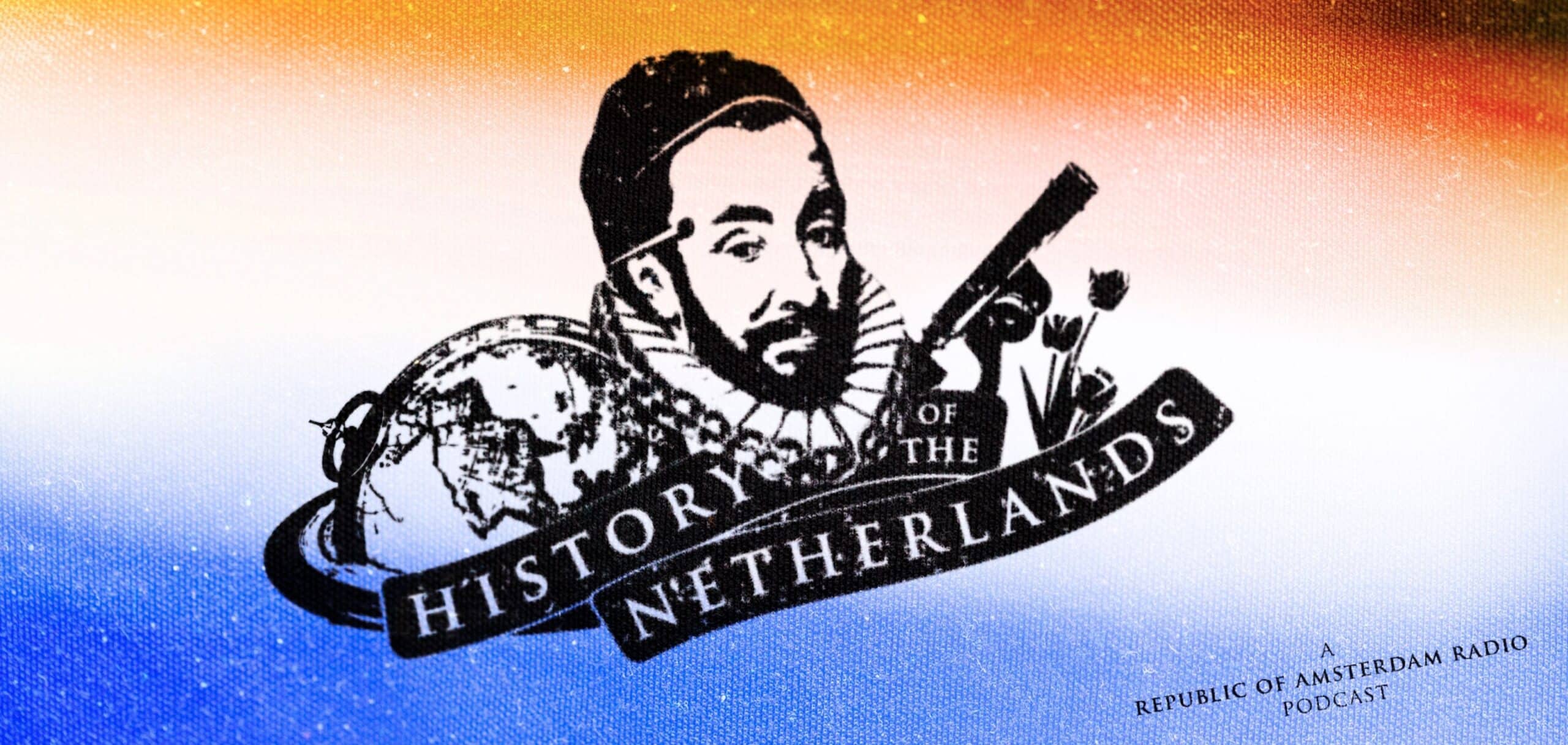
© Republic of Amsterdam Radio
The History of the Netherlands
This podcast series is an epic journey exploring the history of the Low Countries, from the dawn of civilisation to the present.

© Tom Christiaens
The Low Countries Radio
The Low Countries Radio is celebrating Flemish and Dutch history and culture, and its impact on the world today.


